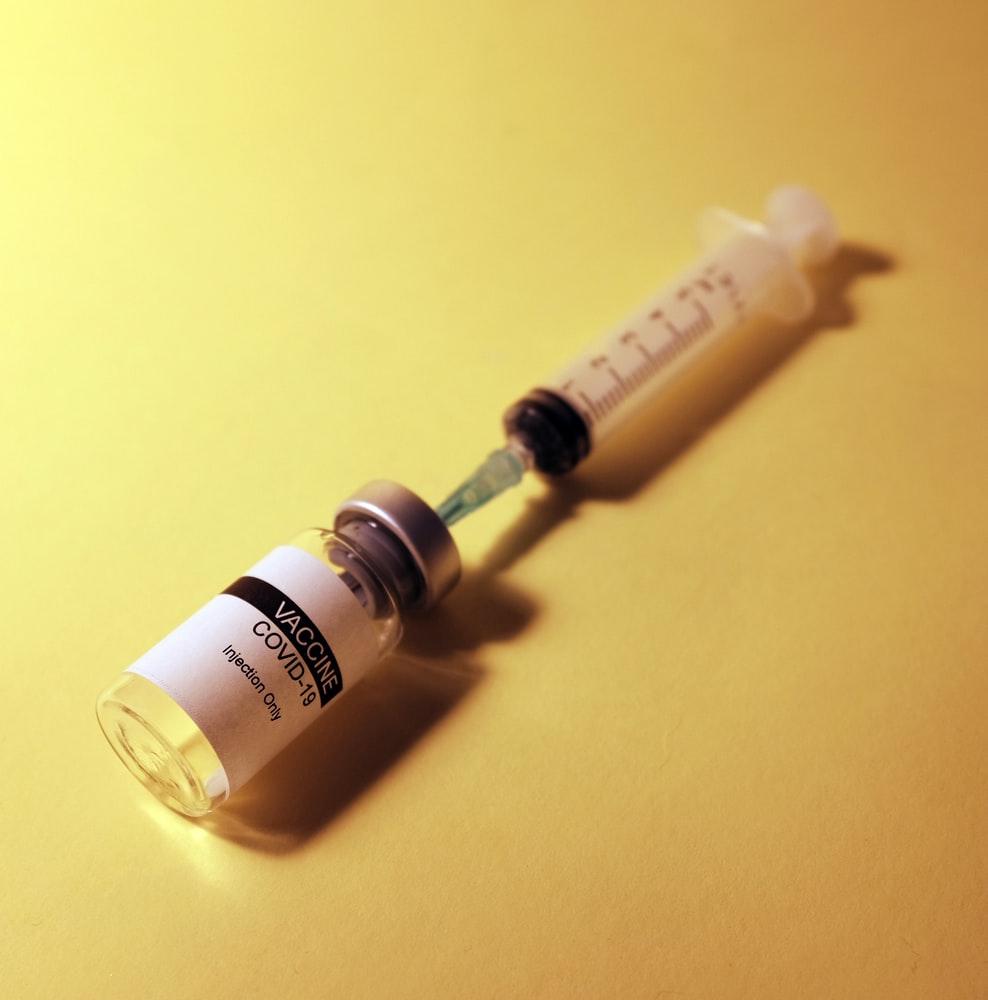Phil Huss (University of Wisconsin-Madison) and colleagues published a new paper in eLife describing their use of deep mutational scanning to map the functional landscape of the T7 phage receptor binding domain. Using this high-throughput, locus-specific phage engineering method, they systematically dissected the functional role of every residue in the tip domain of T7 phage RBP. This then allowed them to engineer T7 variants that were more highly active against E. coli.
Janet Nale and Martha Clokie (University of Leicester) published a new perspective in Current Opinion in Biotechnology on preclinical data and safety assessment of phage therapy in humans. They emphasize that safety and efficacy data is needed to motivate clinical trials, how in vitro studies can ensure the most promising phages are developed, how human cell line studies can provide key data on human-phage interactions, and how insect and animal models can also inform phage development.
One issue that obstructs phage efficiency in vivo is poor localization of phage to the site of infection. Aurelija Grigonyte (University of Warwick) and colleagues published a new paper in Pharmaceuticals showing how they modified phages to increase their association with lung epithelium cells in vitro.
Several high-profile phage therapy clinical trials have failed, leading many to point toward phage formulation and method of application as being of underappreciated importance. Daniel Rosner (Fixed Phage, Glasgow) and colleagues published a new review in Pharmaceuticals on formulations for phage therapy and potential uses of phage immobilization.
Ellina Trofimova (Macquarie University, Australia) and colleagues published a new preprint describing Plaque Size Tool: an automated command-line application for plaque analysis, which can simplify and standardize phage plaque morphology measurements.







